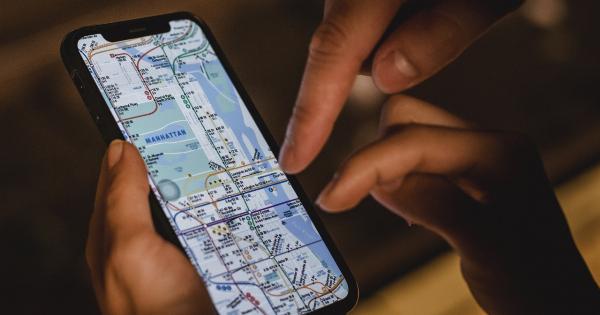Mobile phones have become an indispensable part of modern life. They offer numerous benefits such as communication, entertainment and easy access to information.
However, the use of mobile phones has also been linked to adverse health effects, particularly with regards to nighttime sleep.
Blue Light Emission
The blue light emitted by the screens of mobile phones has been identified as one of the key factors that disrupts nighttime sleep. When exposed to blue light, the production of melatonin, a hormone that regulates the sleep-wake cycle, is suppressed.
This leads to difficulty in falling asleep and also results in reduced quality of sleep.
Addiction and Disturbance
Mobile phones have also been linked to addiction, another factor that contributes to sleep disturbances.
Individuals who use their phones excessively before bedtime may find it difficult to disengage from the device, leading to increased levels of stimulation and prolongation of the time taken to fall asleep.
In addition, notifications from mobile phones can cause interruptions to sleep and reduce the overall quality of sleep.
Sounds or vibrations from incoming messages or calls can wake up an individual and prevent them from entering into a deep sleep state. This can cause daytime fatigue and also lead to a reduced ability to concentrate and perform other activities during the day.
Increased Anxiety
The use of mobile phones before sleep has been found to increase anxiety levels, leading to sleep disturbances.
Social media platforms and instant messaging apps can cause stress and anxiety as individuals may feel pressured to respond to messages or keep up with social trends. This can negatively impact the quality of sleep, leading to daytime fatigue and decreased productivity.
Reduced Physical and Mental Health
Mobile phones can also have adverse effects on physical and mental health. Poor quality sleep has been linked to a range of health issues such as weight gain, diabetes, and weakened immune system.
Lack of sleep can also lead to mental health concerns such as stress and depression.
Precautionary Measures
The use of mobile phones before bedtime should be limited. Individuals should avoid using mobile phones for at least an hour before sleep to allow the body to produce sufficient amounts of melatonin and prepare for sleep.
Additionally, mobile phones should not be kept in the bedroom to avoid temptation and reduce the risk of disturbance. Instead, alarm clocks or other devices should be used for morning wake-up calls.
It is also advisable to turn off notifications before bedtime to reduce the risk of disturbance and allow for uninterrupted sleep. Regular exercise can also help to improve sleep quality and reduce anxiety levels.
In Conclusion
The use of mobile phones has become a necessary part of modern life. However, their use before bedtime can result in negative effects on nighttime sleep and overall health.
It is important for individuals to adopt precautionary measures to limit the use of mobile phones before sleep to ensure a good quality of sleep and reduced risk of adverse health effects.






























